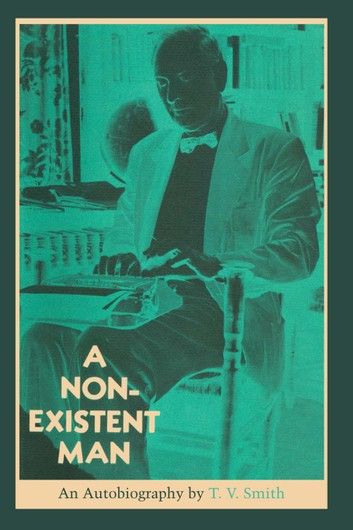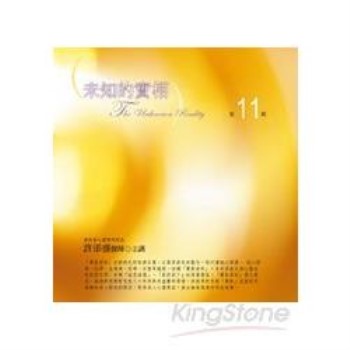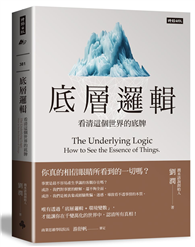| FindBook |
|
有 2 項符合
t. v. smith的圖書 |
 |
$ 959 | V.I.C.T.O.R.S
作者:Smith 出版社:William Smith Publications 出版日期:2021-04-23 語言:英文 規格:平裝 / 232頁 / 22.91 x 15.19 x 1.35 cm / 普通級/ 初版  看圖書介紹 看圖書介紹
|
 |
$ 242 電子書 | A Non-Existent Man
作者:T. V. Smith 出版社:University of Texas Press 出版日期:2014-08-27 語言:英文  看圖書介紹 看圖書介紹
|
|
|
|











